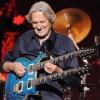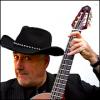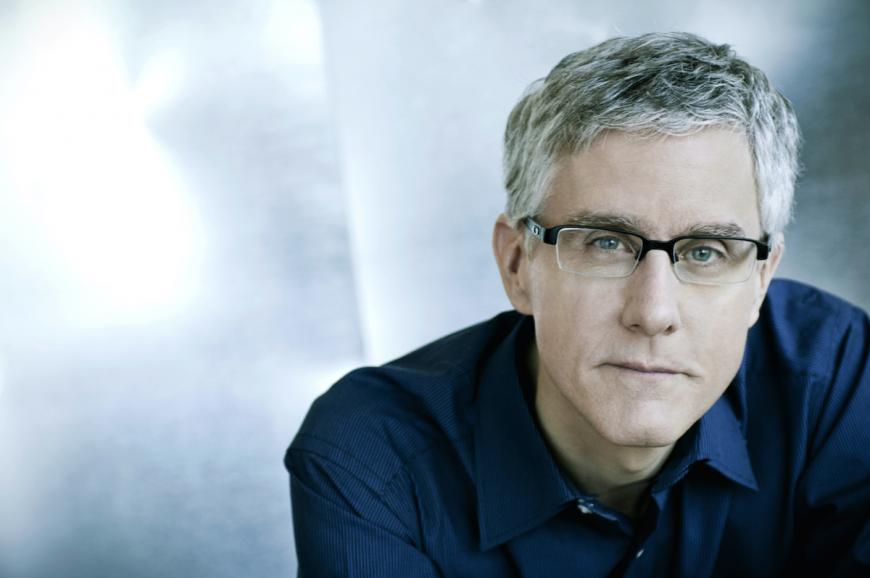
“The electric guitar is an abomination,” admonished Andrés Segovia in a 1965 Time magazine article about the instrument’s rise in popularity in the wake of the Beatles. Yet this quintessentially American invention, developed in the 1930s to allow plucked strings to be heard in the increasingly loud swing ensembles of the time, turned out to be a cultural touchstone of the 20th century. Today one is probably more likely to encounter an electric guitar than a classical one in contemporary music contexts, both due to the enduring cultural resonances of the former, as well as the increased dynamic and timbral possibilities inherent in amplification.
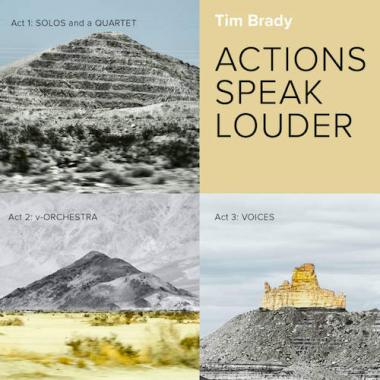
In addition, there is a small but notable contingent of composers — including the likes of Steven Mackey, Elliott Sharp, and Larry Polansky — who are electric guitarists, thus bringing additional idiomatic expertise to their writing for and with the instrument. Canadian Tim Brady (b. 1956) is just such a composer, having actively championed the electric guitar both as a performer and a composer since the 1980s. In Actions Speak Louder, an engrossing triple-album production, listeners can begin to explore the breadth of Brady’s work, with the guitar proudly at the center but in no way limiting the scope of the musical thought.
The release is structured dramatically as a kind of three-act play, with the first album dedicated expressly to solo and multi-guitar works. Here Brady’s range is on full display, as each piece takes varied approaches to the writing, weaving in and out of idiomatic moments and often completely transforming the timbre of the instrument beyond immediate recognition.
Two multimovement works, Simple Loops in Complex Time and The Virtuosity of Time, frame two shorter single-movement compositions, At Sergio’s Request and 60% (just water). These latter pieces perfectly exemplify Brady’s ability to wield the guitar (and the extended electronic processing systems attached to it) as a diviner’s rod, conjuring massive waves of noise one moment, then deftly bringing to mind echoes of guitar music past. The album closes with Uncertain Impact, a composition for Brady’s own Instruments of Happiness electric guitar quartet; here the composer eschews overt electronic processing in favor of more conventional part writing, with each player employing a variety of strummed, plucked, and legato techniques in an engaging post-minimal tour-de-force.
The ensemble piece also serves as a bridge to the second and most ambitious section of the release, the triple concerto Because Everything Has Changed, for electric guitar, violin, tabla, and virtual orchestra. Produced in isolation like the rest of the album, the concerto harnesses remote communication technology to reinterpret the old model of “soloists with accompaniment,” as Brady, violinist Helmut Lipsky, and percussionist Shawn Mativetsky respond individually to an electronic accompaniment featuring sampled orchestral parts. The music is rhapsodic and evocative, effortlessly traversing genres without getting mired in syrupy pastiche, helped along by the energetic and connected performances of the three soloists. Brady has been working in multimedia and alternative presentation formats well before our current pandemic-induced condition, and it will be interesting to see what is to come for the “virtual orchestra” paradigm in the future.
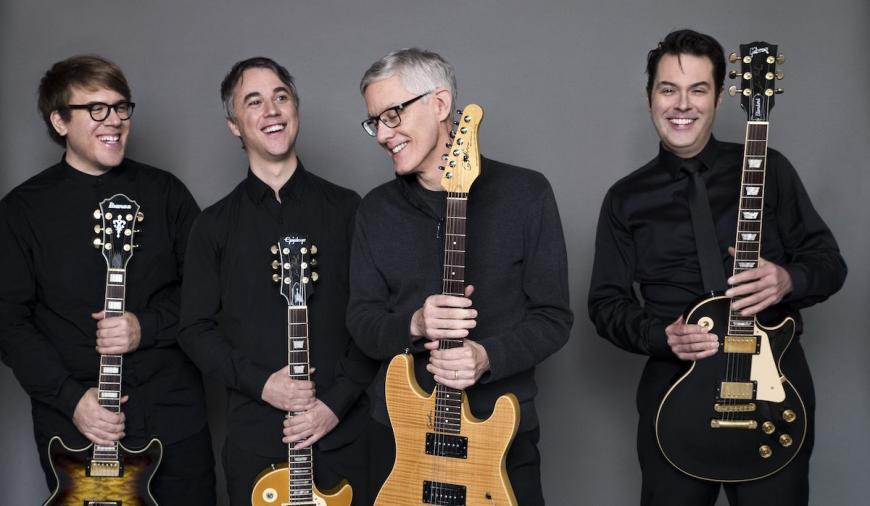
Two vocal works occupy the third album: the six-movement Revolutionary Songs (1993) and the half-hour-long As It Happened (1999); both consist of archival live recordings remixed and reworked electronically for the occasion. The six songs use a wide range of English, French, and Spanish-language texts to explore the tensions and complexities between revolutionary ideas, movements, and events. They are performed by Brady’s dedicated chamber ensemble Bradyworks and showcase yet another of the composer’s protean sides.
The final piece, originally commissioned by the Canadian vocal ensemble Mirror Image, is an engaged retelling of Linda MacDonald’s experience as an unwitting victim of experimental brainwashing and psychedelic torture in the 1960s. Sampled radio broadcast, narration, singing, and electro-acoustic performances meld into a riveting and at times harrowing listening journey.
There’s a lot to digest, and the collection invites patient and repeated listening. Yet even a cursory engagement will serve as an impressive introduction to the work of a prolific and continuously inspired composer.


